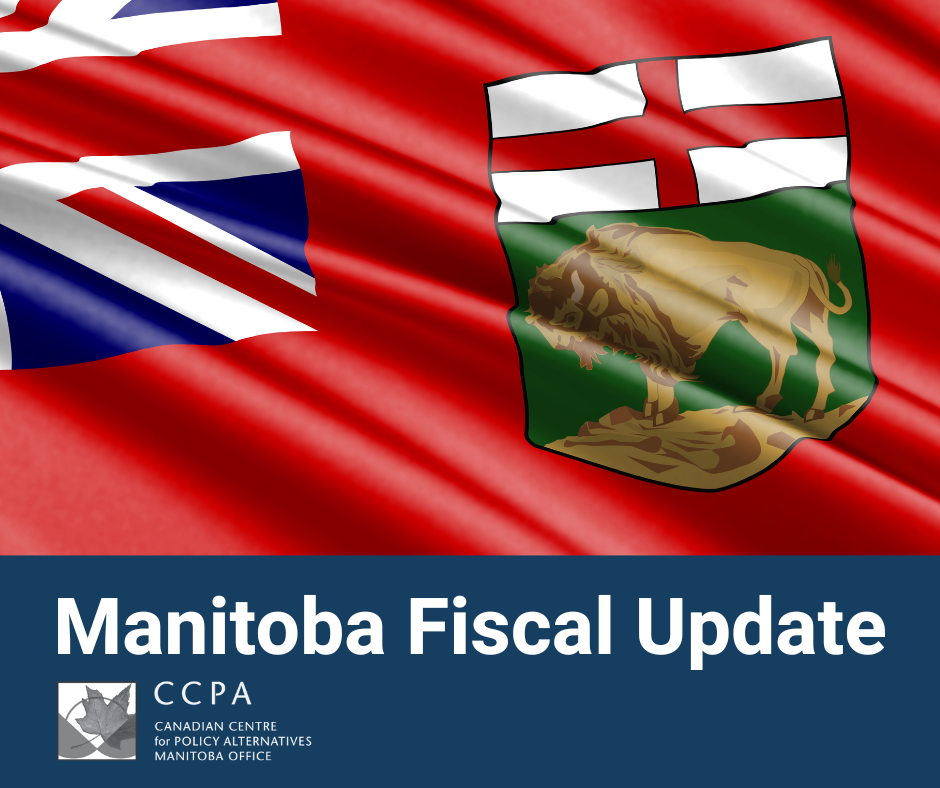READ THE FULL REPORT HERE.
HALIFAX–The total economic cost of poverty in Nova Scotia is at least $1.5 to $2.2 billion dollars per year, accounting for between 5% – 7% of Nova Scotia’s GDP in 2008. The portion of the total cost borne by society (the social cost) is at least $500 to $650 million dollars. This corresponds to 6% – 8% of Nova Scotia’s 2007/2008 budget, or around $1,400 to $1,700 for each Nova Scotian household.
These costs are calculated in a new report published by the Canadian Centre for Policy Alternatives-Nova Scotia (CCPA-NS), The Cost of Poverty in Nova Scotia written by Economist Angella MacEwen and CCPA-NS Director Christine Saulnier.
MacEwen, a Research Associate with CCPA-NS, notes that this report is timely as October 17 is the International Day for the Eradication of Poverty.
Saulnier points out that the purpose of this costing exercise is to illustrate the shared economic burden of poverty, and the urgency that exists for the Nova Scotia government to make a concerted effort to take the lead to reduce poverty now. The costs identified by the report include higher health care costs, higher school drop-out rates, the cost of crime, and lost productivity.
In difficult economic times, it is critical to prioritize poverty reduction measures. “Poverty reduction can be much more affordable than most people expect, since there are so many costs associated with allowing poverty to exist,” explains MacEwen. This report demonstrates the high costs of continuing to treat only the effects of poverty, and points out the savings that will accrue if there is a concerted effort to also tackle the root causes of poverty through a comprehensive poverty reduction strategy.
MacEwen and Saulnier identify successful strategies for government to use in addressing poverty reduction in Nova Scotia, which involves identifying specific barriers that Nova Scotians face in their struggle with poverty, and designing policies and programs with these in mind. But, what is clear is that everyone benefits if we reduce poverty. To do so would result in more cost-efficient uses of limited government revenue. Investments in universally accessible programs benefit those living in poverty as much as those who are not. All Nova Scotians benefit from accessible, affordable housing, early childhood education programs, public transportation, and public education tailored to the diverse needs of our students.
When we help those in need, we make Nova Scotia a better place to live for everyone.
MacEwen and Saulnier will be discussing the social and economic costs of poverty in Nova Scotia at the upcoming “Taking Action on Poverty Conference” on October 27 in Truro, NS. This conference underlines the need to improve our understanding about the costs of poverty– human, social and economic; as well learn more about how we can reduce poverty by working together– as governments, businesses, non profit organizations and community groups– with those living in poverty. It is critical that we develop our ability as a community to be involved and active in reducing poverty.
-30-
For media inquiries, contact: [email protected].


